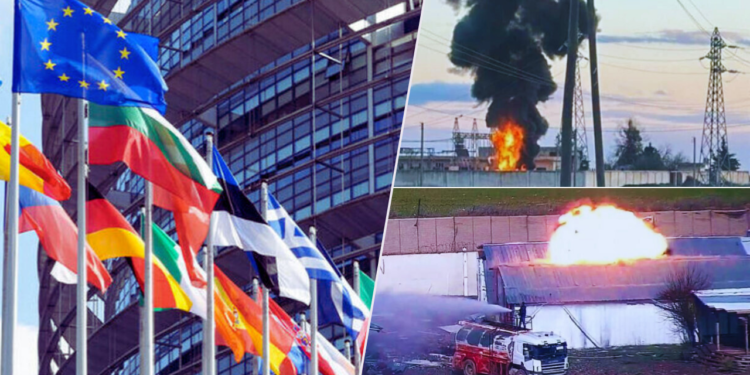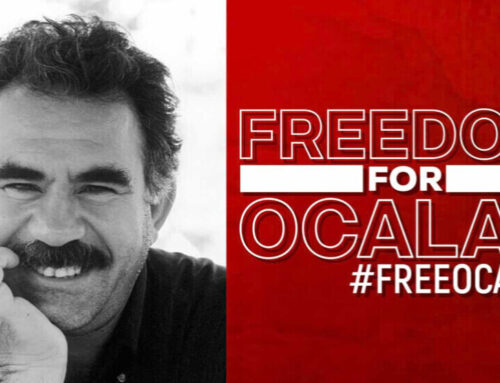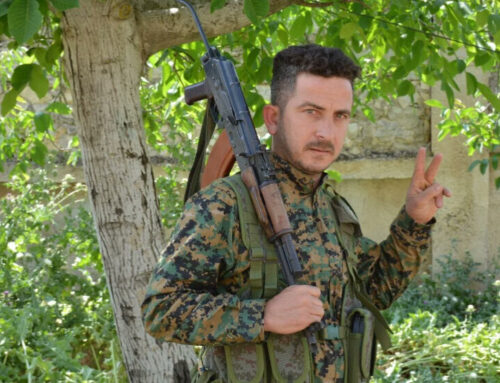Three MEPs have called on the European Union to officially protest against Turkey’s aggression in the Kurdish-led northern region of Syria. Emphasising that the affected region has never posed a threat to Turkey, they expressed concern over the continuous attacks and destruction of vital infrastructure.

In the letter, MEPs François Alfonsi (Greens/European Free Alliance, France), Andreas Schieder (Socialists & Democrats, Austria) and Nikolaj Villumsen (THE LEFT, Denmark) called on Borrell to act as High Representative and protest on behalf of the EU against Turkey’s aggression in the region. The three MEPs are co-convenors of the Kurdistan Friendship Group in the European Parliament.
The letter came after Turkish President Recep Tayyip Erdoğan publicly announced his intention to continue military attacks in the region.
The region, according to the MEPs, has never posed a threat to Turkey and has been a crucial ally in the fight against the Islamic State (ISIS), with the Syrian Democratic Forces (SDF) playing a pivotal role alongside the Global Coalition against ISIS.
The parliamentarians expressed concern about the potential revival of ISIS due to the destabilising impact of the attacks. They argue that the assaults make it harder for the SDF to secure the thousands of ISIS prisoners under their charge, citing an attempted breakout from an ISIS prison in Hasakah on 16 January following a rocket strike.
“These attacks also pose a physical danger for Europe,” the letter read, adding, “Silence in the face of these crimes and dangers is simply not an option.”
The MEPs highlighted the destruction of vital facilities, including power stations, oil fields, homes, warehouses, factories, and the region’s only gas-bottling plant. The attacks have left millions without electricity, water, and gas, causing severe humanitarian crises.
Despite previous ceasefires negotiated by the United States and Russia in 2019, Turkey has maintained constant low-level attacks on the region. The recent bombings mark the third assault in just over three months, exacerbating the challenges faced by the population, which had already endured emergency repairs following the previous attacks.








Leave A Comment